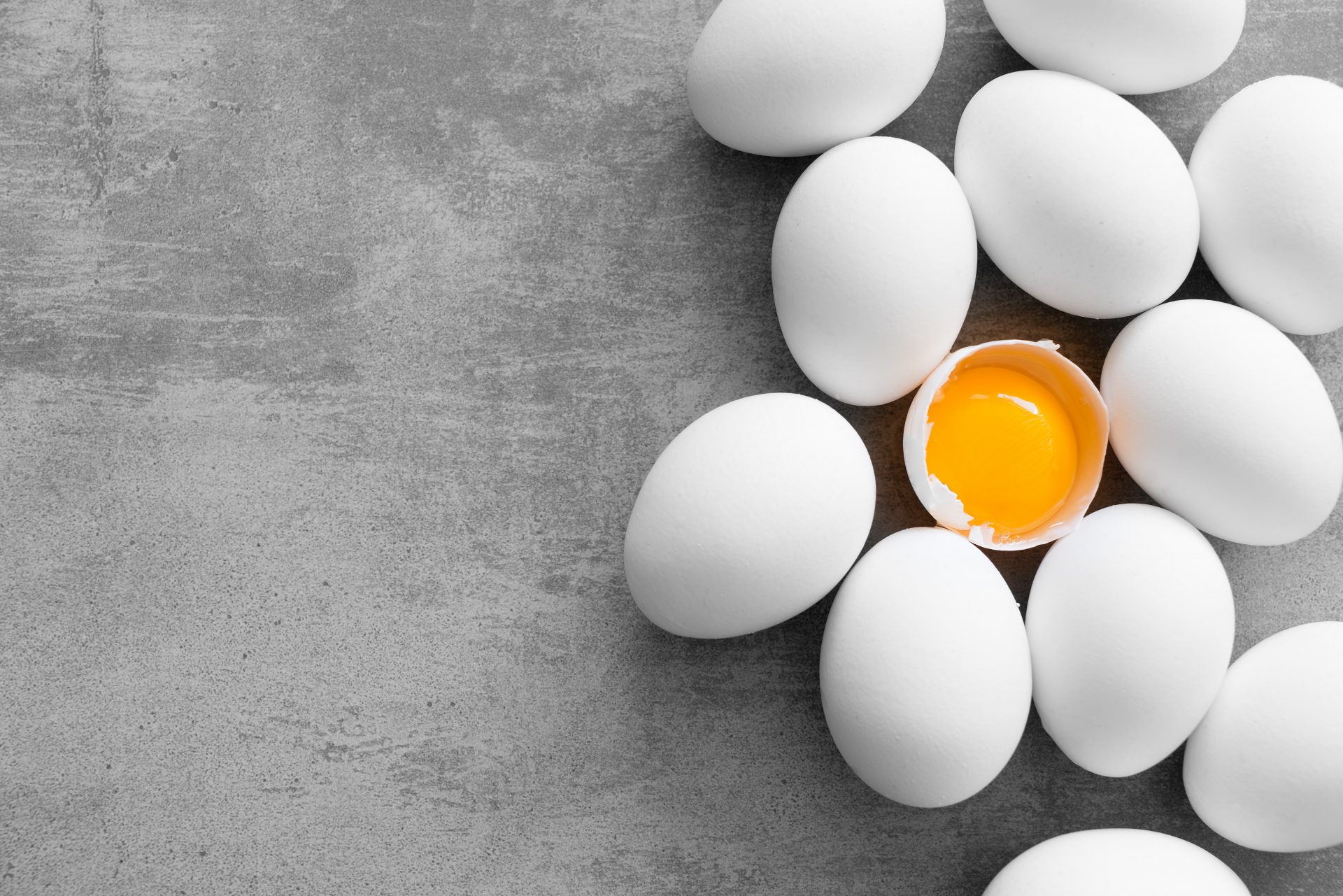Egg quality is one of the most important factors in determining a woman’s fertility. Improving egg quality can be a vital part of the preparation process. Fortunately, there are plenty of things that can be done to improve egg quality.
In this article, we will talk about the importance of improving egg quality and what we can do to achieve that.
Why is Egg Quality Important?
Every woman has an average of one million to two million immature eggs available during her whole life, but only 400 of them can fully develop and become fertilized. As important as egg quantity, egg quality is the factor most vital to the embryo’s viability and fertility journey. Poor egg quality may cause age-related infertility, recurrent miscarriages, and failed IVF cycles.
Three Tips To Improve Egg Quality
Tip 1: Maintain a Healthy Diet
Although lots of diets can improve egg quality, fertility professionals suggest that a wholesome, well-balanced diet is the best. The diet should include fruits and vegetables, whole grains, lean meats, full-fat dairy products, nuts, and berries. A balanced diet can really improve body health, including egg quality. Healthy foods that women are encouraged to eat include broccoli, dark leafy vegetables, halibut, salmon, pumpkin seeds, turmeric, ginger, and royal jelly.
However, there are some foods that should be avoided, such as foods with excessive salt and trans-fats, processed foods, and sugar. Remember to avoid smoking or drinking caffeine and alcohol. Many studies show that alcohol can lower pregnancy rates and nicotine is toxic to eggs.
Eating well is the most important and simplest way to improve egg quality. Joy of Life® will also design a healthy and balanced diet for women preparing for pregnancy.
Tip 2: Go for an “Egg Checkup”
Basically, egg quality begins to decline in a woman’s early thirties, and this decline accelerates when a woman gets into her late thirties and early forties. Therefore, early and regular monitoring of egg quality and quantity is important. The fertility clinic will advise you to do certain tests to check the eggs.
Antral follicle count (ultrasound)
By counting the number of antral follicles through an ultrasound, a doctor can predict how many immature eggs a woman may have.
Day 3 FSH (blood test)
Follicle-stimulating hormone (FSH) is one of the most important hormones in ovulation. Measuring the FSH level can let doctors know how hard the body is working to ovulate. High FSH levels indicate a diminished ovarian reserve.
AMH (blood test)
Testing the level of anti-mullerian hormone can indicate whether a woman has a large pool of growing follicles, which means the ability to produce more viable eggs.
Tip 3: Consider Complementary Therapies
Apart from having a well-balanced diet, women can also take some supplements or even try acupuncture. The antioxidant Coenzyme Q10 helps prevent free radical damage coming from a stressful environment. CoQ10 might give relatively old eggs more energy. Besides CoQ10, women can also take folic acid and antioxidants, like vitamins A and E. Also, studies show that acupuncture can increase pregnancy rates in women going through IVF.









